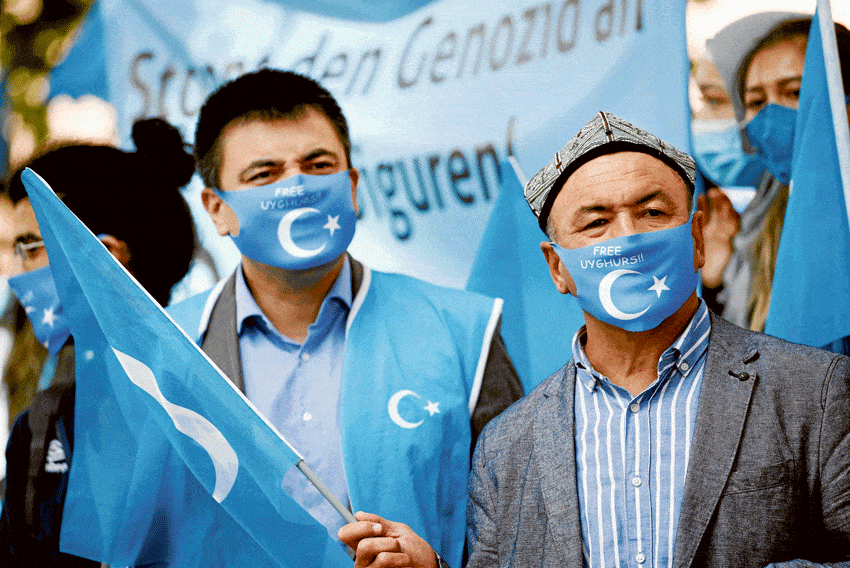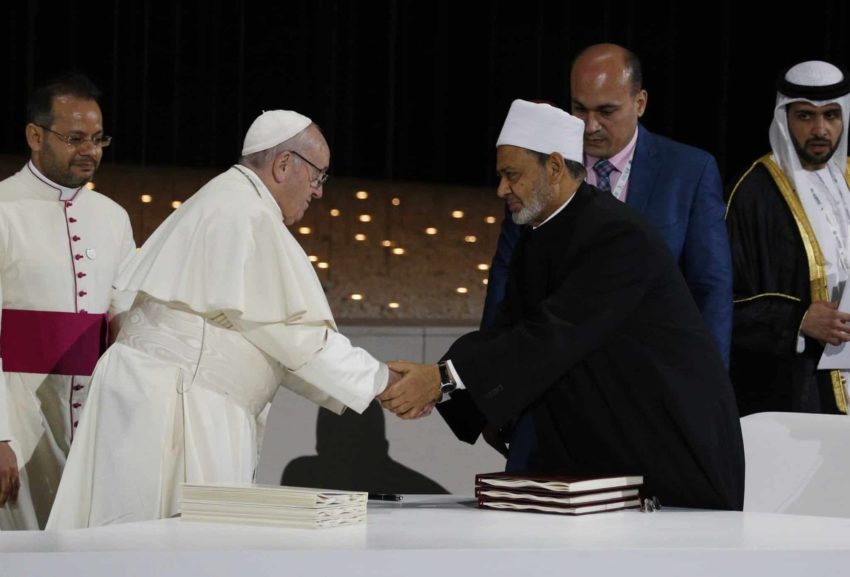
ACN report on religious freedom shows effect of COVID
By Cindy Wooden and Marilyn Rodrigues
More than half the world’s population experiences restrictions on religious freedom and persecution of believers, in a deepening crisis made worse by the pandemic, says a new report by Aid to the Church in Need.
An analysis published with ACN’s annual report, ‘Religious Freedom in the World’ says that COVID-19 has exacerbated problems which were already on the rise, with some states using the opportunity “to increase control over their citizens, while non-state actors have taken advantage of the confusion to recruit, expand and provoke wider humanitarian crises”.
The report, based on figures from 2018 to 2020 and released 20 April, said outright persecution exists in 26 countries which are home to 3.9 billion people or just over half (51 per cent) of the global population. Along with China, North Korea and Saudi Arabia, the list includes a dozen African countries, such as Somalia, Libya, Nigeria, Congo and Mozambique, as well as Myanmar because of its treatment of the Rohingya, a Muslim minority in the predominantly Buddhist nation.
In China, the charity said state control of anyone identifying with a religion has become “relentless”.
However, the charity said that there had been “significant progress, especially in interreligious dialogue, as well as the increasingly important role of religious leaders in the mediation and resolution of hostilities and war”.
The report praised Pope Francis and Sheikh Ahmad el-Tayeb, grand imam of al-Azhar University in Cairo, an authority among Sunni Muslims, for their 2019 document on human fraternity and their efforts to promote dialogue, tolerance and mutual respect. It also found some improvement to the concerning religious liberty situation in Egypt. But it raised alarms about the addition of religion as a factor in increased violence in several sub-Saharan Africa.
Terrorist groups and Islamist extremists took advantage of “government distraction” in fighting the COVID-19 pandemic “to increase their violent attacks, entrench territorial gains and recruit new members”. The lockdowns and restrictions on public gatherings enacted by national, state or local governments also had an impact on citizens’ freedom to worship.

While governments were obliged to act to protect the common good, there were also cases of abuse and attacks on religious freedom, “in part by means of disproportionate application of restrictions to religious activities, as compared with commercial activities, but also through aggressive police and military tactics in addressing breaches of restrictions related to religious practices”, it said.
In China, the charity said state control of anyone identifying with a religion has become “relentless”.
Bernard Toutounji, national director of Aid to the Church in Need Australia, said the report was a reminder that in many parts of the world people do not have the same freedoms we enjoy in this country, particularly the freedom to worship.
“We in Australia do not completely appreciate the suffering of our brothers and sisters in our own faith and other faiths,” he said. “This report provides an opportunity for us to pray, to share stories, and to ensure that offences against people of faith are not hidden.”
Related:
